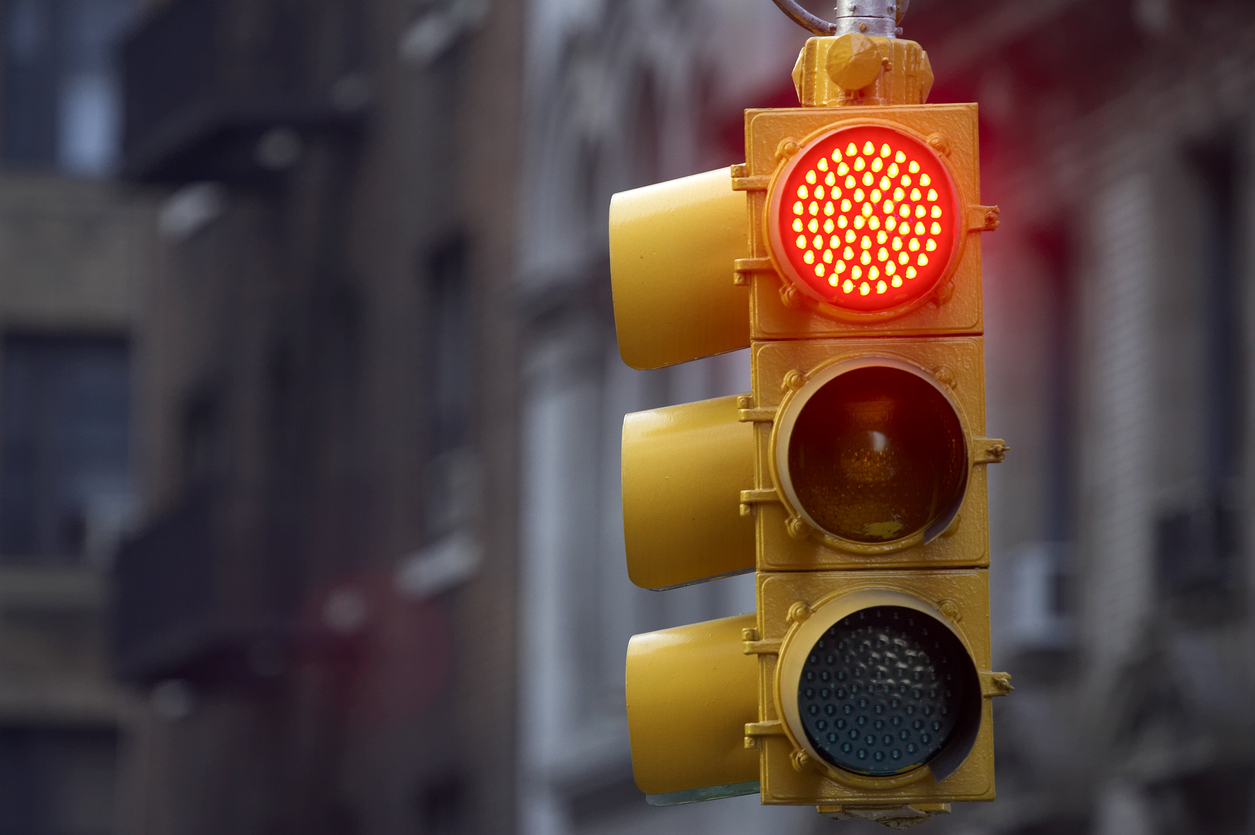- 2 Nov 2025

The installation and use of red light cameras spark controversy in Tennessee counties with increasing intensity. While these automated enforcement tools were introduced with the promise of enhancing road safety, public perception reveals a deeper disconnect. Citizens across Tennessee have expressed rising concerns about the legality, privacy issues, and financial motivations behind these systems. In this comprehensive exploration, we uncover the full extent of the debate and what it means for residents.
Understanding Why Red Light Cameras Spark Controversy in Tennessee
In counties such as Knox, Shelby, and Hamilton, residents and local officials are locked in a growing debate about the presence and function of red light cameras. Though the state once embraced the technology to reduce traffic fatalities and discourage reckless driving, a closer look reveals that public discontent over red light cameras sparking controversy in Tennessee goes beyond simple traffic violations.
Many Tennesseans argue that these systems function less as safety tools and more as revenue generators. Questions persist about whether these citations genuinely deter dangerous behavior or merely create an automated trap for unsuspecting drivers.
Legal Loopholes and Constitutional Questions
A major point of contention comes from legal gray areas surrounding the constitutionality of camera-issued citations. Opponents argue that ticketing drivers without officer interaction denies them due process. Since the cameras capture images of license plates, not drivers, many claim it’s unfair for vehicle owners to be automatically penalized regardless of who was behind the wheel.
One significant legal concern is the presumption of guilt. Rather than being proven guilty beyond a reasonable doubt, recipients of red light camera tickets often must prove their innocence — flipping the burden of proof. In fact, some lawsuits have challenged this basis, alleging that automated enforcement violates the Sixth Amendment’s right to confront one’s accuser.
Local Governments Under Fire for Red Light Camera Contracts
The controversial nature of these systems is magnified by the private contracts behind them. Often, local governments contract third-party vendors to install and maintain red light cameras. In return, these vendors receive a percentage of the fines collected, incentivizing more tickets over fair enforcement.
This pay-per-ticket model has led to accusations of conflict of interest and profit-driven policing. When red light cameras spark controversy in Tennessee, much of the ire stems from a belief that financial interests outweigh community safety. Citizens have questioned whether cities are truly motivated by reducing accidents — or padding budgets.

Rural vs Urban Perspectives on Automated Traffic Enforcement
Opinions about red light cameras in Tennessee often vary dramatically between rural counties and urban centers. In larger cities such as Nashville and Memphis, supporters argue that the sheer volume of traffic demands efficient, automated enforcement. They cite statistics showing a reduction in T-bone collisions and repeat red-light offenses.
Conversely, rural counties view these devices as intrusive and unnecessary. For areas with low traffic volume, residents argue that camera enforcement is both overkill and a violation of community trust. Small-town drivers frequently feel targeted, particularly when cameras are placed at low-risk intersections with questionable justification.
The Role of Transparency and Public Accountability
One reason red light cameras spark controversy in Tennessee is the opaque manner in which they’re often deployed. In some counties, red light camera installation was approved with minimal public input or awareness. Citizens report discovering the cameras only after receiving citations in the mail, igniting frustration and a sense of betrayal.
Moreover, many Tennessee residents demand transparency in reporting the true effectiveness of these devices. While local officials may tout a decline in intersection accidents, conflicting studies have emerged. In some cases, rear-end collisions have increased as drivers brake abruptly to avoid tickets — raising questions about the actual safety value of the technology.
Judicial Pushback and Community Advocacy
Legal challenges are now mounting across Tennessee. Judges in several jurisdictions have dismissed red light camera tickets, citing lack of evidentiary support or procedural issues. Advocacy groups are pushing legislation that limits or outright bans the use of automated traffic enforcement unless it meets strict standards.
Public meetings in Tennessee counties are increasingly filled with concerned citizens voicing their disdain. Some have proposed requiring all red light camera footage to be reviewed by law enforcement before tickets are issued, while others seek to eliminate the programs entirely.
A Hot Topic in the State Legislature
As red light cameras spark controversy in Tennessee, the issue has reached the statehouse. Lawmakers have introduced bills to restrict the practice, tighten vendor oversight, and ensure stronger legal protections for drivers. These bills reflect mounting pressure from constituents who believe their civil liberties are being compromised in the name of convenience and revenue.
Several state representatives have expressed concern that red light cameras are being used more as a tax than a safety tool. Recent legislative sessions have included heated debates, with some lawmakers calling for a statewide moratorium on camera-based citations until thorough studies are conducted.

Privacy Concerns Add Fuel to the Fire
Privacy rights have emerged as another battleground. Civil liberties advocates argue that the constant surveillance enabled by red light cameras represents a dangerous precedent. Though aimed at catching violations, these systems also collect data on innocent drivers.
For many, the fear is not just about receiving a ticket — it’s about normalization of government surveillance. If cameras are allowed to monitor drivers without consent, what’s to stop future encroachments in other areas of life? This concern has galvanized opposition in several Tennessee counties, turning what began as a traffic issue into a broader constitutional debate.
Grassroots Efforts to Remove Red Light Cameras
Citizen-led movements are gaining ground. Community petitions, social media campaigns, and local protests have emerged as Tennesseans push back against what they view as an unfair and unnecessary enforcement method. Across counties such as Blount, Sevier, and Rutherford, voters are demanding more oversight and democratic input into whether cameras stay.
In some cases, local officials have responded to the backlash by suspending or discontinuing red light camera programs altogether. These small victories have emboldened activists elsewhere to keep fighting for the removal of automated ticketing systems.
Comparative Insight: What Other States Are Doing
The controversy is far from unique to Tennessee. States like South Carolina and Mississippi have banned red light cameras outright, citing concerns similar to those voiced in Tennessee. Others, such as Florida, have implemented stricter guidelines for their use.
This broader trend suggests that the backlash in Tennessee is part of a national reckoning with automated enforcement. When red light cameras spark controversy in Tennessee, it reflects deeper questions about how justice should be administered in an age of technology.
An official study by the U.S. Department of Transportation provides insight into national red light camera safety programs — highlighting both successes and challenges faced by municipalities.
The Future of Red Light Cameras in Tennessee Counties
The road ahead remains uncertain. With mounting public pressure, legislative scrutiny, and growing legal challenges, the presence of red light cameras across Tennessee is far from guaranteed. Some counties may vote to remove them entirely, while others might adapt their programs to be more transparent and legally sound.
Still, the question remains whether these measures genuinely improve public safety or simply create more problems than they solve. As more Tennesseans speak out, the demand for balanced, constitutional, and community-driven solutions grows louder.
Media Coverage and Public Perception
Media reports have further fanned the flames of discontent. Investigative journalism has uncovered questionable vendor practices, misleading safety claims, and disproportionate impacts on lower-income communities. These stories have fueled the belief that red light cameras are not just flawed — they’re exploitative.
When red light cameras spark controversy in Tennessee, it is not merely about traffic infractions. It is about trust — trust in government, trust in technology, and trust in justice.

Are Tennessee Red Light Cameras About Safety — or Revenue Generation?
Debate continues to grow over whether red light cameras are truly designed to promote public safety or primarily serve as a source of municipal income. Critics often point to patterns of camera placement and citation spikes as evidence that revenue may be the underlying driver. A recent article examining whether red light cameras in Tennessee prioritize safety or revenue delves deeper into this question, analyzing how enforcement trends reflect financial motives over traffic safety concerns. This perspective underscores the broader issue of accountability and transparency in local governance when it comes to automated traffic enforcement.
Conclusion: Why Red Light Cameras Continue to Divide Tennessee
Red light cameras remain one of the most divisive issues in Tennessee’s public safety landscape. What began as a well-intentioned tool for preventing accidents has become a symbol of overreach, secrecy, and inequality. Across the state, communities are grappling with difficult questions about how to balance safety with civil liberties.
To understand the heart of the matter, one must look beyond the fines and citations and examine the system as a whole. A comprehensive article on how red light cameras spark controversy in Tennessee breaks down the complex legal, social, and financial aspects fueling this statewide debate.
As public debate intensifies, counties across Tennessee are faced with a choice: continue down a path of automated enforcement, or redefine what justice, fairness, and public safety truly mean in the 21st century. The outcome will not only shape traffic law but also the broader relationship between citizens and the laws that govern them.
Recent posts
- 17 Oct 2025
Categories
- Accident & Injury Law (54)
- AI (1)
- Copyright Law (1)
- Criminal & Civil Law (17)
- Disability Law (2)
- Driving Law (2)
- Employment Law (1)
- Estate Planning (2)
- Family & Relationship Law (29)
- Food and Drink (2)
- Gas Exposure (1)
- Health (1)
- Immigration Law (2)
- Injury Claim (1)
- Insurance Law (7)
- Legal (40)
- Lemon Law (4)
- Mediation (3)
- Medical Malpractice (1)
- Property & Business Law (9)
- Severance Agreement (1)
- Travel and Leisure (1)
- Uncategorized (12)
- Worker Compensation (2)

